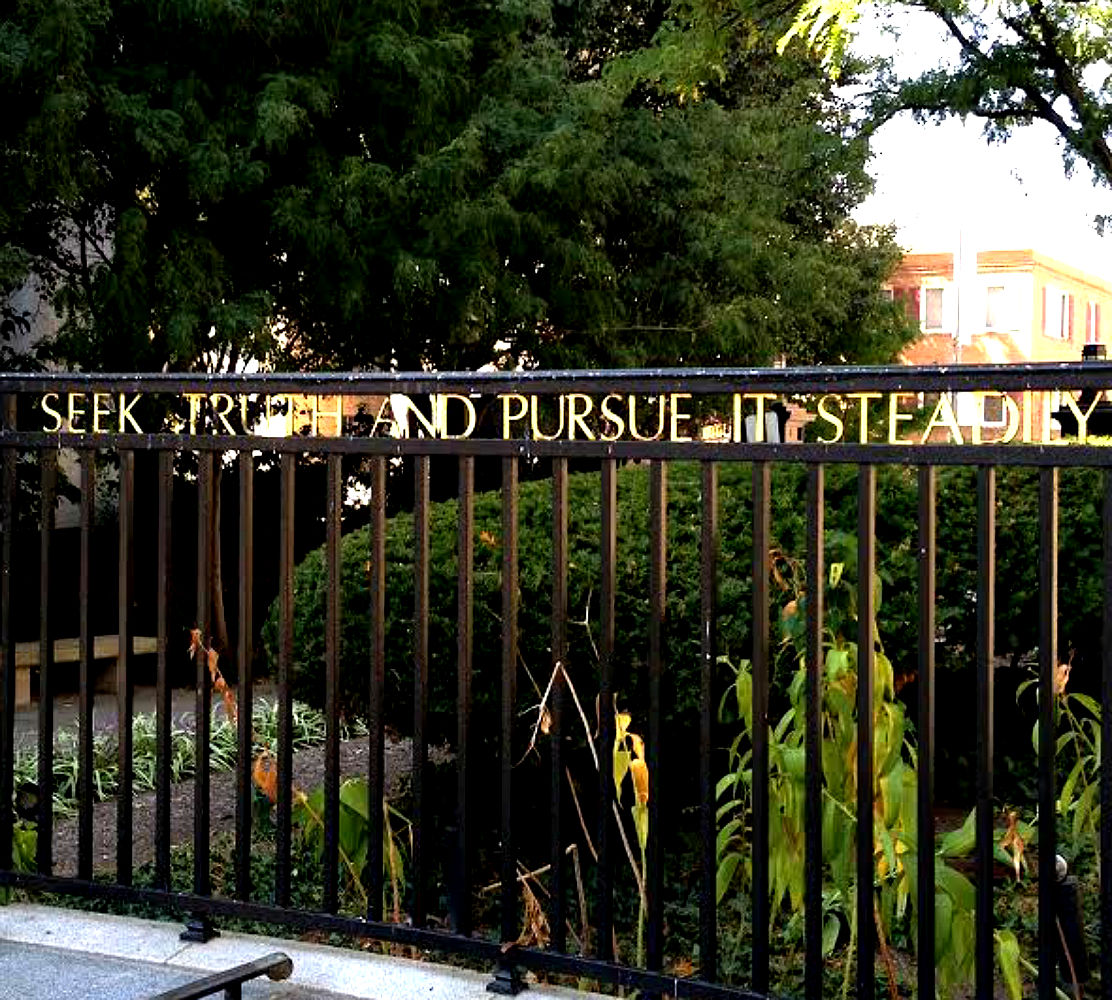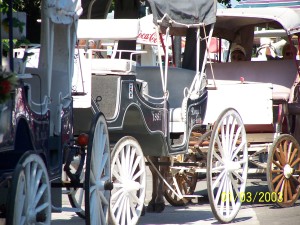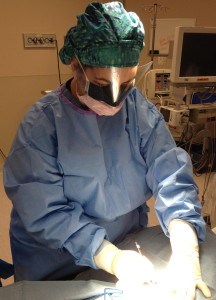“Waaaah-Hoo!!” – Slim Pickins as Maj. ‘King’ Kong, riding the bomb in “Dr. Strangelove”
I am converted. Like many doctors, I was very leary of social media, wary about using it, skeptical of its professional value. Especially Twitter, but really all of the platforms. No longer: I have embraced social media, and it has embraced me.
I feel a little bit like Dr. Strangelove, only the subtitle is now “How I Learned To Stop Worrying and Love Social Media.”
Like most converts, I find myself an enthusiastic proselyte, spreading the good word to friends and colleagues, regaling them with my new-found experiences using Twitter, Facebook, LinkedIn and the like. Discovering more sites and platforms, like Sermo, Doximity, Docphin, and Medstro, to name a few. (Disclosure: I have no financial or other arrangement with any of these, but have written for both Sermo and Medstro, and am a discussion panelist later this month on Medstro). The list goes on and on, and keeps growing. Websites and apps abound; they all go mobile, so much content to explore. So much time to waste!
“Waste of time” is the most common and scathing criticism leveled at social media by my physician friends and colleagues who have not yet seen the light. Continue reading










